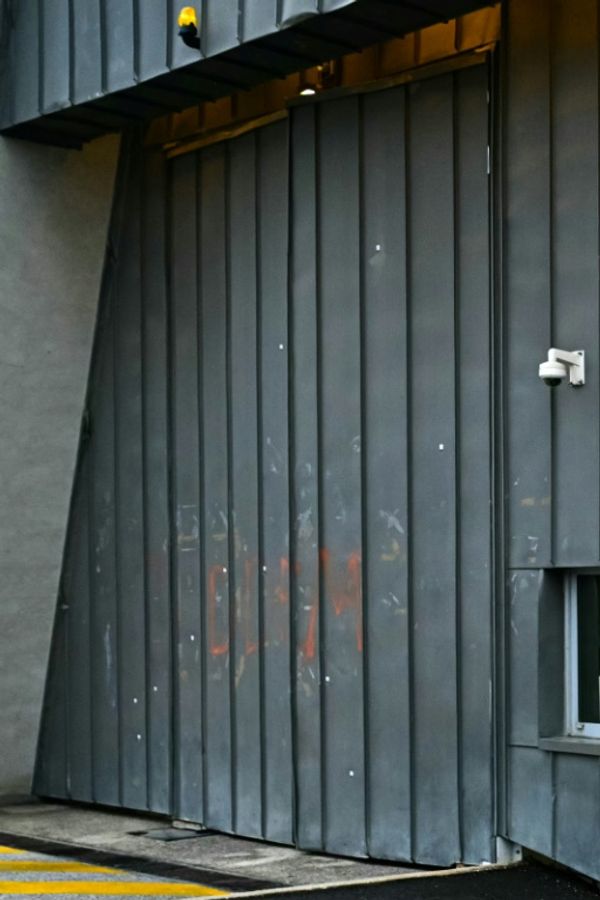Former Costa Rican President Oscar Arias told reporters on Tuesday that the U.S. has revoked his visa to enter the country.
The move comes several weeks after Arias, 84, criticized Donald Trump on social media, likening the president to a "Roman emperor."
"I received an email from the U.S. government informing me that they have suspended the visa I have in my passport. The communication was very terse, it does not give reasons. One could have conjectures," he said, according to Reuters.
Arias speculated as to whether or not "the revoking of my visa is some sort of punishment because I say what I think."
In February, Arias posted a comment on social media ahead of U.S. Secretary of State Marco Rubio's high-profile visit to Costa Rica.
"It has never been easy for a small country to disagree with the U.S. government, much less so, when its president behaves like a Roman emperor, telling the rest of the world what to do. In my governments, Costa Rica never received orders from Washington, as if we were a 'Banana Republic,'" Arias wrote, seemingly a jab at current Costa Rican President Rodrigo Chaves' apparent willingness to cooperate with the Trump administration.
That commentary may have cost him his ability to travel to the U.S.
“If someone wants to punish me in the hopes of silencing me, that isn’t going to work,” Arias said on Tuesday, according to the New York Times.
Social media posts seemingly play a broader role in determining whether or not visa applicants are admitted to the US. On March 25, Rubio approved a cable informing all overseas U.S. missions that visa applicants can be denied if their social media posts or other actions suggest they have a "hostile attitude toward U.S. citizens or U.S. culture (including government, institutions, or founding principles)."
Rubio bragged last week that he had signed more than 300 letters revoking the visas of students and visitors who he claimed had objectionable foreign policy views or had participated in criminal activities. Those people will be expelled from the US.
Arias won the Nobel Peace Prize in 1987 for helping to negotiate an end to civil wars in Latin America. Many of the conflicts Arias helped to stop were exacerbated in part by the Reagan Doctrine guiding U.S. foreign policy at the time.
During the Cold War, the U.S. was trying to counter the Soviet Union's foreign influence, and did so by funding armed rebel groups to oppose socialist and communist governments. Some of those rebel groups would go on to brutalize and displace local populations.







